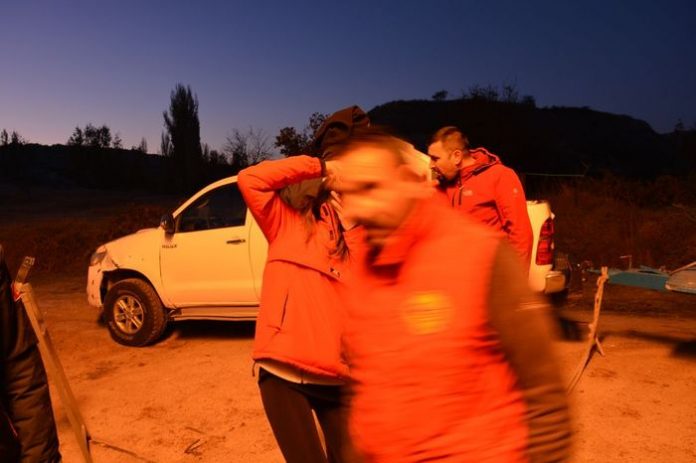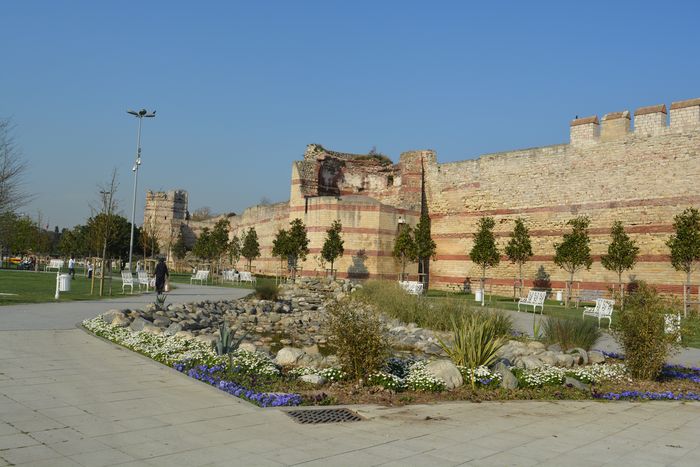Total Devastation
In the wake of recent events, the devastation in the village is staggering. There were once 700 houses here, yet not a single one remains standing. The Mudir informed us that only about fifty families are in a position to rebuild their homes or create any substitutes. They are utterly devoid of resources, leaving them to ponder how they will survive the impending winter. This village was primarily engaged in the cultivation of roses and the production of attar of roses, with around 130 to 150 small factories and approximately 500 copper boilers dedicated to distilling rose petals.
Systematic Pillaging
These retorts, each valued at around £10, represented an aggregate capital of £5,000, all of which was confiscated by their Turkish neighbors under the command of the notorious Tassum Bey. The extent of the looting was comprehensive; not only was furniture stolen and livestock driven away, but even the tiles from the roofs were carted off. After the village was reduced to ashes, the perpetrators meticulously sifted through the debris to collect iron and nails, showcasing how thorough and systematic the pillaging was.
Unfulfilled Promises
Despite numerous assurances, the retorts and livestock have yet to be returned. The Mutessarif of Philippopolis informed Mr. Schuyler and Mr. Baring that many of the lost cattle from across the region had been gathered in Philippopolis. He stated that orders had been dispatched for the people to come and identify their own cattle to reclaim them. On the surface, this appeared to be a fair and equitable solution. One might only need to travel perhaps fifty or a hundred miles, identify their livestock, and prove ownership to the satisfaction of the Turkish authorities.
The Illusion of Freedom
However, this arrangement quickly reveals its flaws. Mr. Schuyler, with his knack for uncovering hidden truths, discovered that strict orders had been issued prohibiting anyone from leaving their village without a special passport. Thus, while the locals were technically “free” to claim their cattle in Philippopolis, they were effectively trapped in their villages. This situation exemplifies the Turkish methods of addressing European calls for justice and reform Daily Lawlessness and Impunity.
Restrictions on Movement
At Klissura, for instance, the villagers were not permitted to leave the ruins of their homes, further illustrating the harsh reality they face. The promised assistance and restoration appear to be little more than a façade, masking the ongoing oppression and disregard for the rights of the villagers Guided Tours Istanbul.
As winter approaches, the plight of these families grows more desperate. The destruction of their homes, coupled with the systematic theft of their possessions, has left them in a precarious situation. The hollow promises from the authorities only deepen their sense of abandonment. It is imperative that the international community takes notice of these injustices, advocating for the rights of the displaced and ensuring that their voices are heard. The resilience of these communities is commendable, but without tangible support, their survival remains uncertain.








